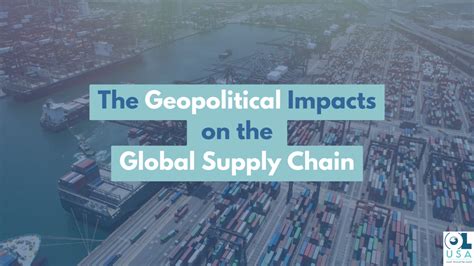The recent turmoil affecting global shipping routes has surfaced myriad underlying issues that underline the fragile nature of our highly interconnected world. Today’s geopolitical tensions, ranging from Iran’s influence in the Red Sea to China’s complex ties with Middle Eastern actors, have thrown international trade into a state of flux. Environmental shocks, like the drought impacting the Panama Canal, add another layer of complications. Every decision or lack thereof by a major player such as China or Iran has ripple effects that can cause significant delays, price hikes, and logistical headaches for businesses worldwide.
China’s position as a linchpin in global trade is undeniable, yet its ability to influence other nations, notably Iran, is more limited than many assume. The Houthi insurgency in Yemen and the resultant attacks on commercial ships in the Red Sea illustrate the complexities of these geopolitical entanglements. Despite China’s reliance on Iranian oil, its diplomatic influence over Iran remains constrained. Discussions among experts and commentators highlight that nations like Iran view their political maneuvering through lenses other than economic leverage alone. This complexity is well illustrated by the debate on whether China can
compel Iran to rein in the Houthis, given the deep-seated anti-imperialist sentiments within Iran, which strive for autonomy from any global hegemon, be it the United States or China.
Understanding this geopolitical dance is crucial, especially when evaluating the economic implications. For instance, Iran’s economy heavily relies on oil sales to China. Some assert that Iran cannot afford to antagonize China, given that a substantial chunk of its budget comes from these oil exports. Conversely, the potential impact of any interruption in oil supply on China’s economy raises the stakes for China to maintain smooth relations with Iran. Experts debate whether China’s greater need for oil or Iran’s need for revenue is more critical, underscoring the delicate balance each nation must strike in their strategic decisions.
Further complicating the picture is the strategic pivot of the United States. Historically, the US has played the role of a global maritime policeman, ensuring freedom of navigation across the world’s oceans. This role has been pivotal in maintaining stable shipping lanes, a cornerstone of global trade. Yet, the recent focus on internal affairs and evolving international commitments pose questions about the future of this maritime policing. Some speculate that if the US exits this role, the geopolitical vacuum could lead to increased regional conflicts and piracy, disrupting global shipping routes further.
Environmental factors compound these geopolitical issues. A severe drought in Central America has drastically reduced water levels in the Panama Canal, which is a vital artery for international shipping. The canal’s reliance on freshwater, rather than ocean water, for its locks has intensified the impact of the drought, limiting the number of ships that can pass through and driving up shipping costs. The gravity-fed canal system is particularly susceptible to changes in water availability, suggesting that climate change could pose long-term challenges to global trade routes.
The structural vulnerabilities exposed by these combined environmental and geopolitical shocks suggest a need for a re-evaluation of just-in-time (JIT) inventory models that have dominated business strategies. The pandemic already highlighted the risks of JIT supply chains, with many companies struggling to cope with sudden disruptions. The current shipping predicament serves as another stark reminder of the fragility of these systems. Redundancy and resilience, often sidelined in favor of cost-cutting measures, need to be reincorporated into supply chain strategies to safeguard against future shocks.
Interestingly, some commentators suggest that large-scale geopolitical shifts, like the de-globalization trend described in Peter Zeihan’s work, might accelerate. Zeihan posits that as the US steps back from global engagement, regional powers will likely act independently to protect their interests, potentially leading to more frequent and severe conflict over control of trade routes. This prediction seems increasingly plausible as we witness more nations turning inward and prioritizing national security over global trade.
While the future remains uncertain, one thing is clear: the global community must navigate a delicate tightrope of interdependencies. The key to mitigating future disruptions lies in building a more resilient and adaptable supply chain infrastructure, fostering international cooperation, and addressing the environmental impacts of climate change head-on. Policymakers, businesses, and international bodies must collaborate to anticipate and prepare for these multifaceted challenges, ensuring a stable flow of goods that the world economy depends upon.
In conclusion, the current strain on the supply chain reveals a mosaic of geopolitical and environmental factors that businesses cannot afford to ignore. Addressing these issues demands a nuanced understanding of international relations, economic dependencies, and the ever-present threat of environmental changes. The dialogue among experts reflects a consensus on the need for a paradigm shift towards resilience and adaptability in our global trade systems.


Leave a Reply